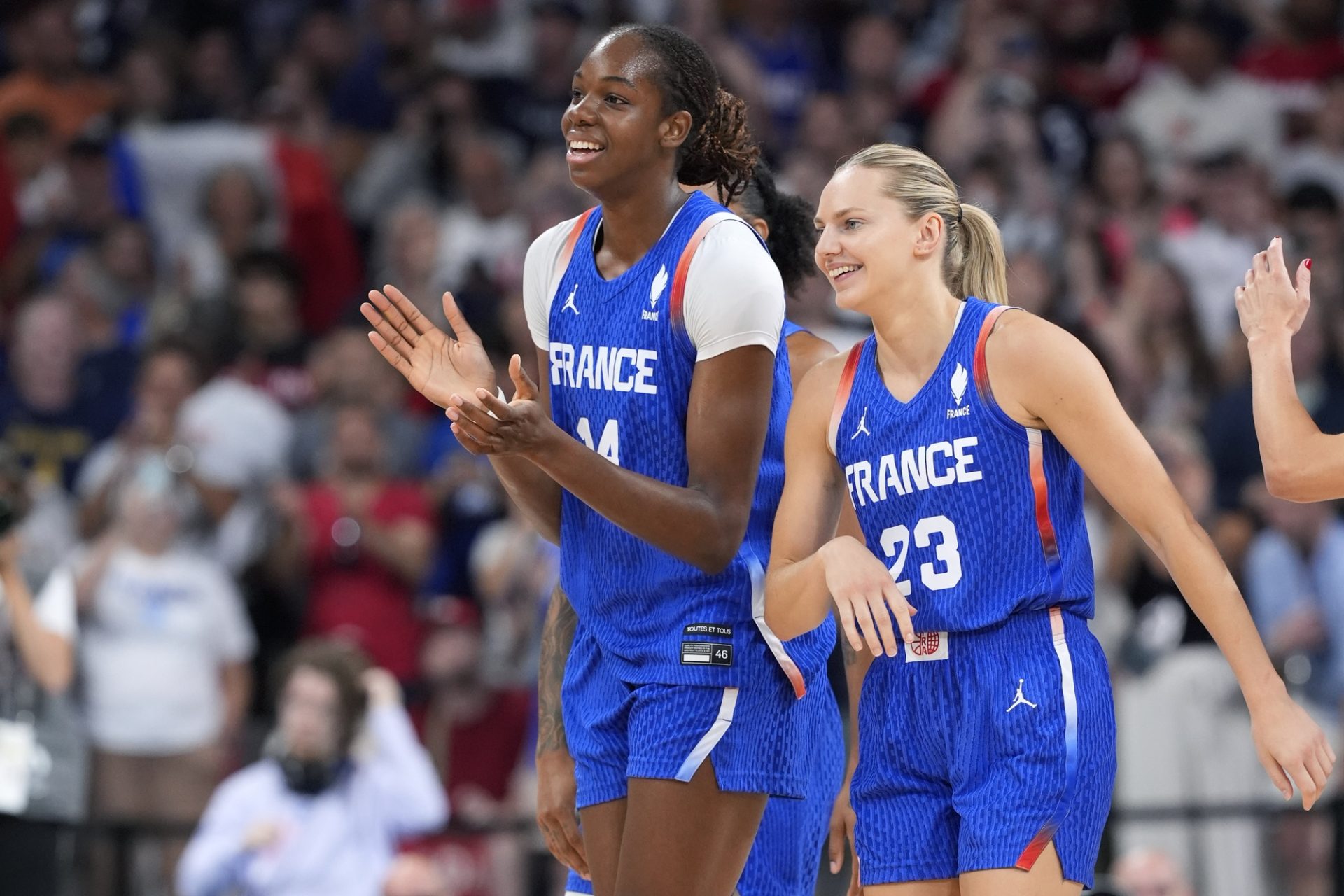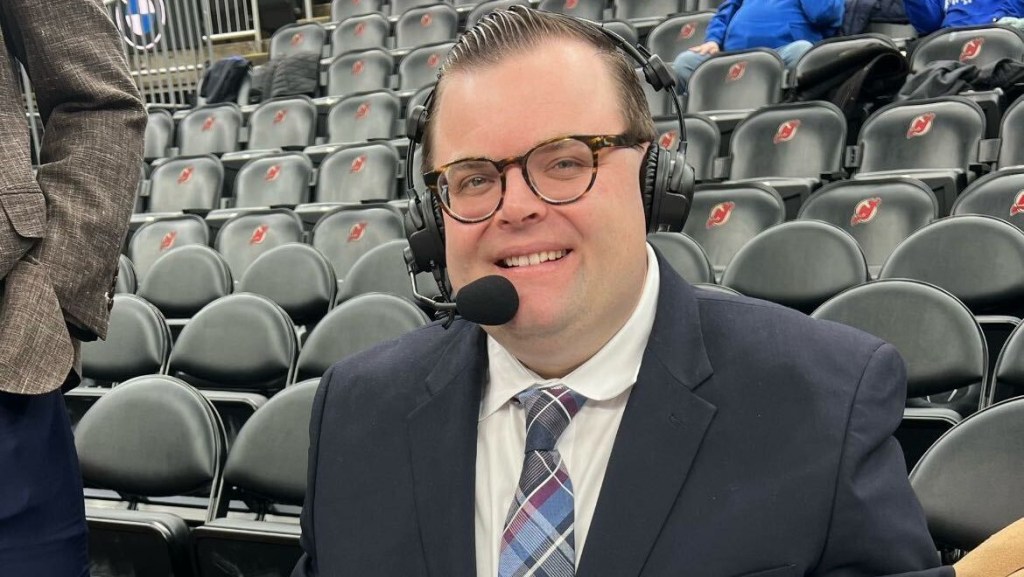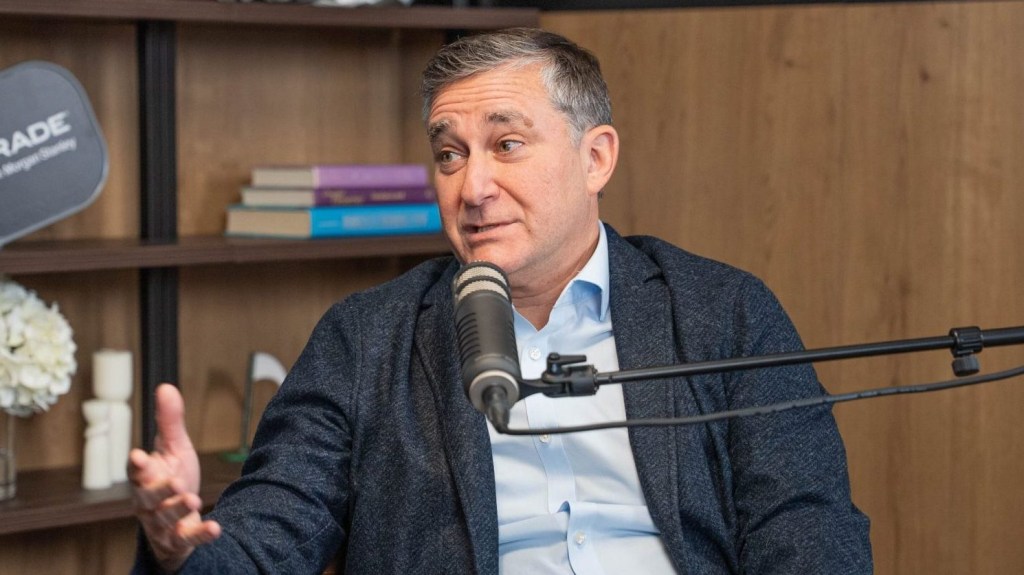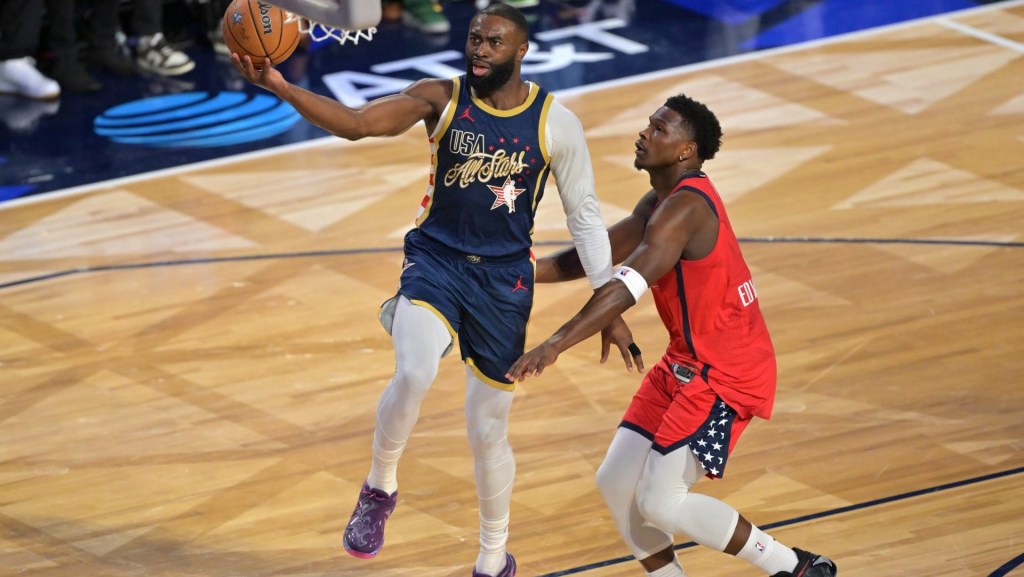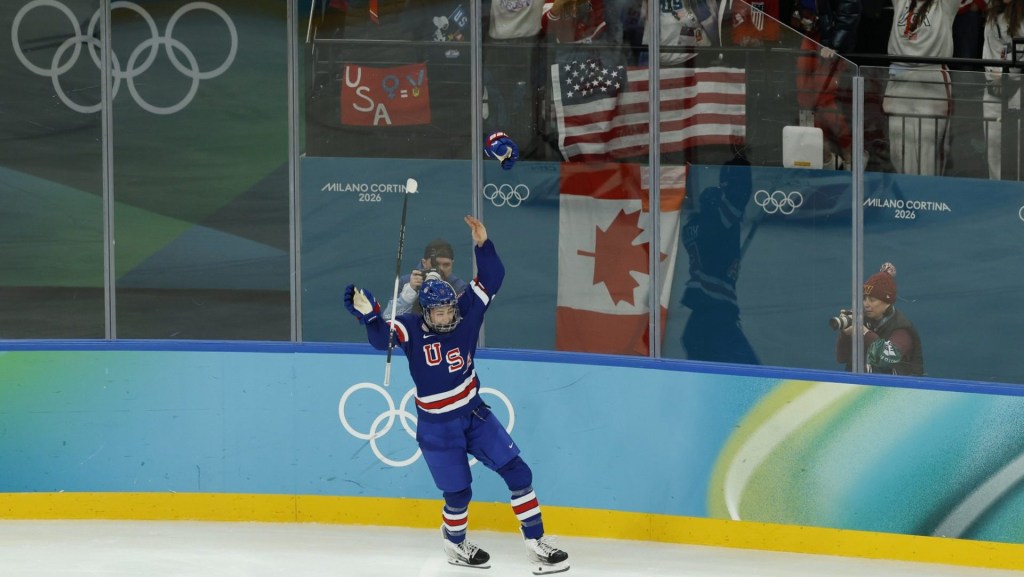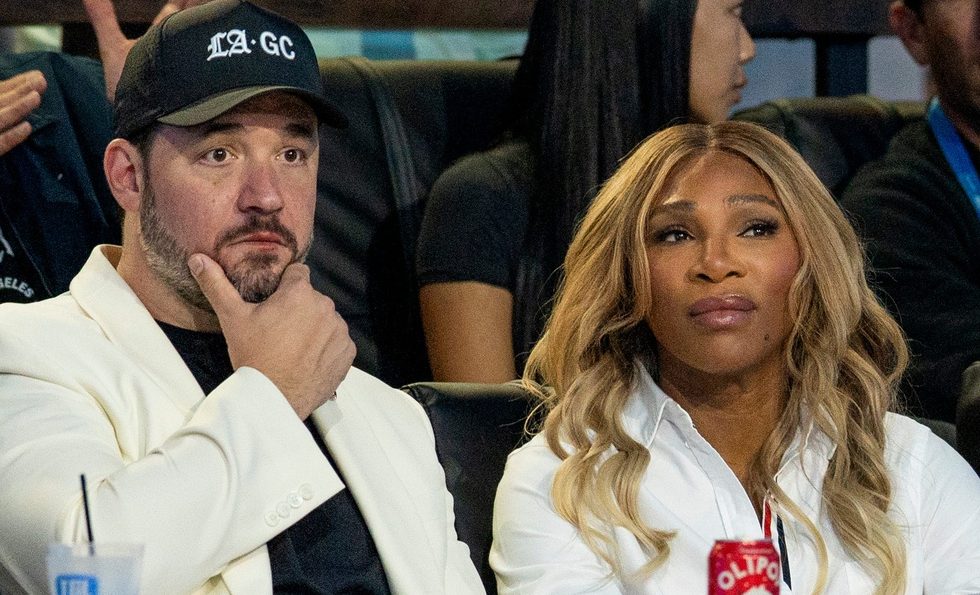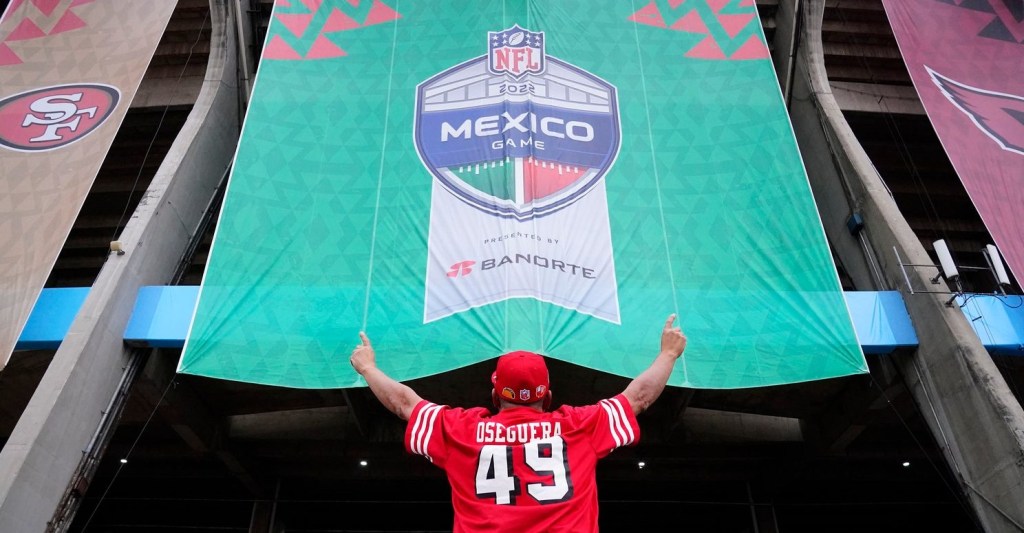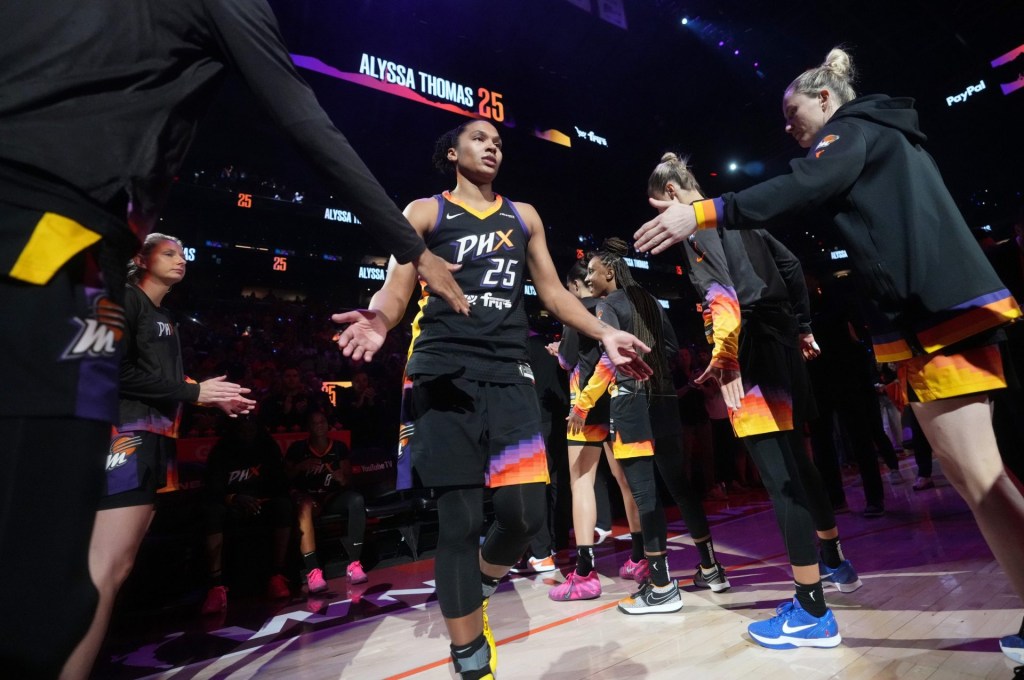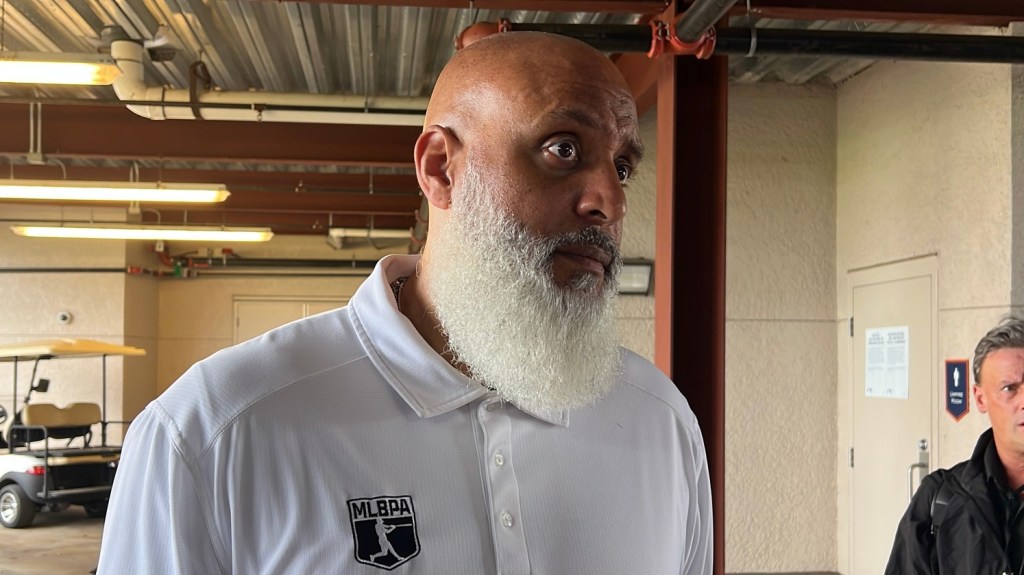On Monday night, 6-foot-6 French center Dominique Malonga will be one of the first players to walk across a stage in Hudson Yards and shake hands with WNBA commissioner Cathy Engelbert.
Whichever team drafts her will immediately face a question: How do they get her to remain Stateside long-term? Increasingly strict rules around international competition aimed at getting players to prioritize the WNBA have done the opposite, driving away some of the league’s top global stars in recent years.
“At the end of the day, prioritization has to change,” top WNBA agent Boris Lelchitski tells Front Office Sports. (Lelchitski says Malonga does plan on playing in the WNBA this year.)
The “prioritization” rule was newly implemented in the CBA ratified in 2020. Many players have admitted the rule was a compromise on the Women’s National Basketball Players Association’s part to secure other important gains like salary increases and maternity leave.
The rule, which went into effect in 2023, mandates that players with two or more years of experience join their WNBA team by the start of training camp or face a fine. In 2024 the rule became harsher, stating that three-year veterans must be in-market by the start of training camp or May 1, whichever comes later, or they will be suspended for the entire season.
Monday’s draft further highlights the need to consider changes to the prioritization rule as the league and players’ union engage in CBA negotiations. The current CBA expires following the 2025 Finals in November after the players exercised their right to opt out.
Another young international star who will make her WNBA debut in 2025 is 23-year-old French forward Janelle Salaün, who signed with the Golden State Valkyries after going undrafted in 2023.
“This is their dream to play against the best competition in the world,” Lelchitski says. “They really want to play here. It’s just that they will have to leave and go play for the European championship with the French national team.”
Because Malonga and Salaün will be rookies in 2025, the prioritization rule won’t impact their arrival and June departure to compete in Eurobasket. But a handful of WNBA veterans serve as a cautionary tale to these incoming stars, including WNBA champion and 2019 Finals MVP Emma Meesseman, Seattle Storm forward Gabby Williams, Phoenix Mercury forward Satou Sabally, and New York Liberty guard Marine Johannes.
Meesseman has not played in the WNBA since the 2022 season and has largely blamed the prioritization rule.
“I’m a European player,” Meesseman, a Belgian who plays in the Turkish league, said in an interview with CBS Sports during the Paris Olympics. “Nothing is going to change that. So, if you make me choose between my national team or only giving me a couple of weeks or days [of] preparation, that’s never going to happen.”
Criticism of the prioritization rule reached a boiling point during the Paris Games, when a number of stars were leading their national teams to the medal rounds. Williams was at the center.
Williams missed the first half of the 2024 WNBA season to compete with the French national team. After helping lead France to a silver medal—the team’s best finish since 2012—there was uncertainty surrounding her potential return to the WNBA.
She entered 2024 as an unrestricted free agent, and because she did not sign with a team before the start of the WNBA season, she wasn’t restricted by the league’s prioritization rule. Last August, Williams signed with the Storm and played the final 12 games of the season.
“Our commissioner talked about us being able to make $700,000,” Williams told reporters at the end of the 2024 WNBA season. “That’s actually not true at all. There’s not one player who makes that. And we were promised team marketing agreements and league marketing agreements, but they’ve fallen quite short, so it’s still not enough for us international players to want to stay here.”
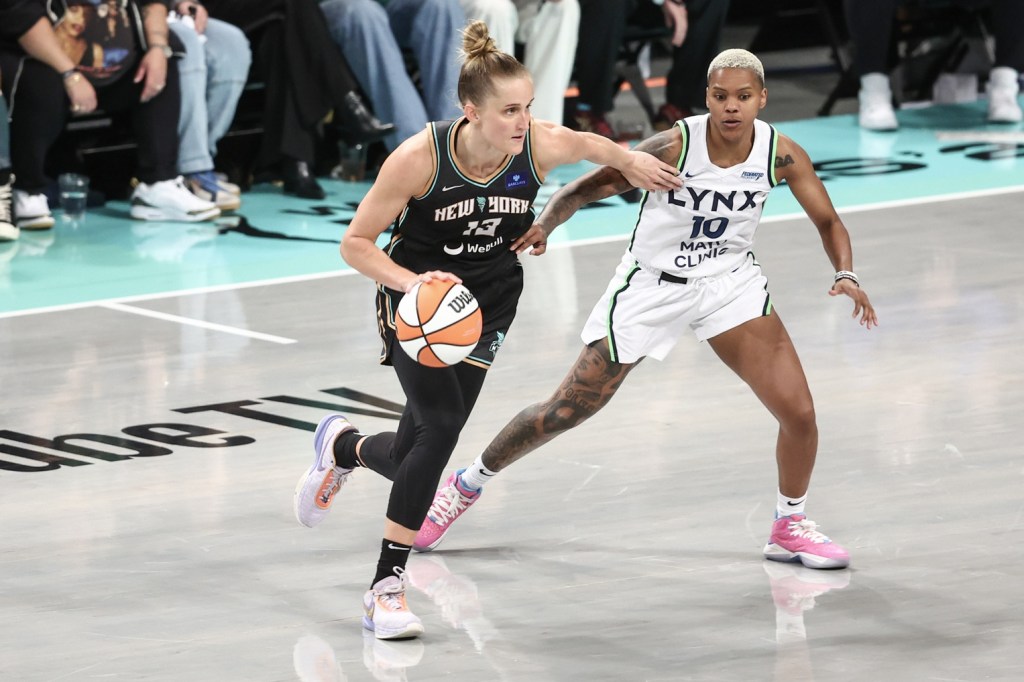
In the past two years, leaving the country in the offseason has become slightly less common, as U.S. leagues like Unrivaled and Athletes Unlimited have popped up for the top domestic stars. But for international players and veterans who are still working to establish themselves, playing overseas from September to May is crucial to their income and development.
Russia was once the top destination for WNBA stars because of the high salaries offered to play for teams like UMMC Ekaterinburg. Since Russia’s invasion of Ukraine, FIBA—which puts on the women’s EuroLeague—banned Russian teams, leading teams in Turkey, Czechia, Italy, and China to offer salaries upward of high-six figures for star players. Many players are opting not to play in French leagues due to their crossover into the start of WNBA training camps.
Beyond prioritization, roster size is an issue impacting international stars. Because WNBA general managers are typically able to sign only one to two of their draftees due to roster limits of 11 to 12 players and a hard salary cap, they will draft and stash international players.
This move allows them to maintain control of a player’s rights while allowing them to continue developing overseas. But sometimes a “stash” ends up being years of neglect. In 2020, the Los Angeles Sparks drafted Leonie Fiebich in the second round; they traded her to the Chicago Sky in 2021.
Neither organization contacted her about her plans to come to the U.S., which were put on hold for years until she was traded to the Liberty in 2023. Many international stories end there, with players realizing that a rookie-scale contract in the high-five figures isn’t worth sacrificing club and national team opportunities. But the Liberty wooed her to Brooklyn last spring, and it paid off handsomely: Fiebich was a key rotation player in the regular season before moving into the starting lineup in the playoffs, where she hit a critical three-pointer to ice Game 2 of the WNBA Finals.
Whichever team picks Malonga will certainly not let her flounder abroad for a half-decade. But for every Malonga, there will likely be several Fiebiches picked in the second and third rounds Monday night who face an uncertain future.
